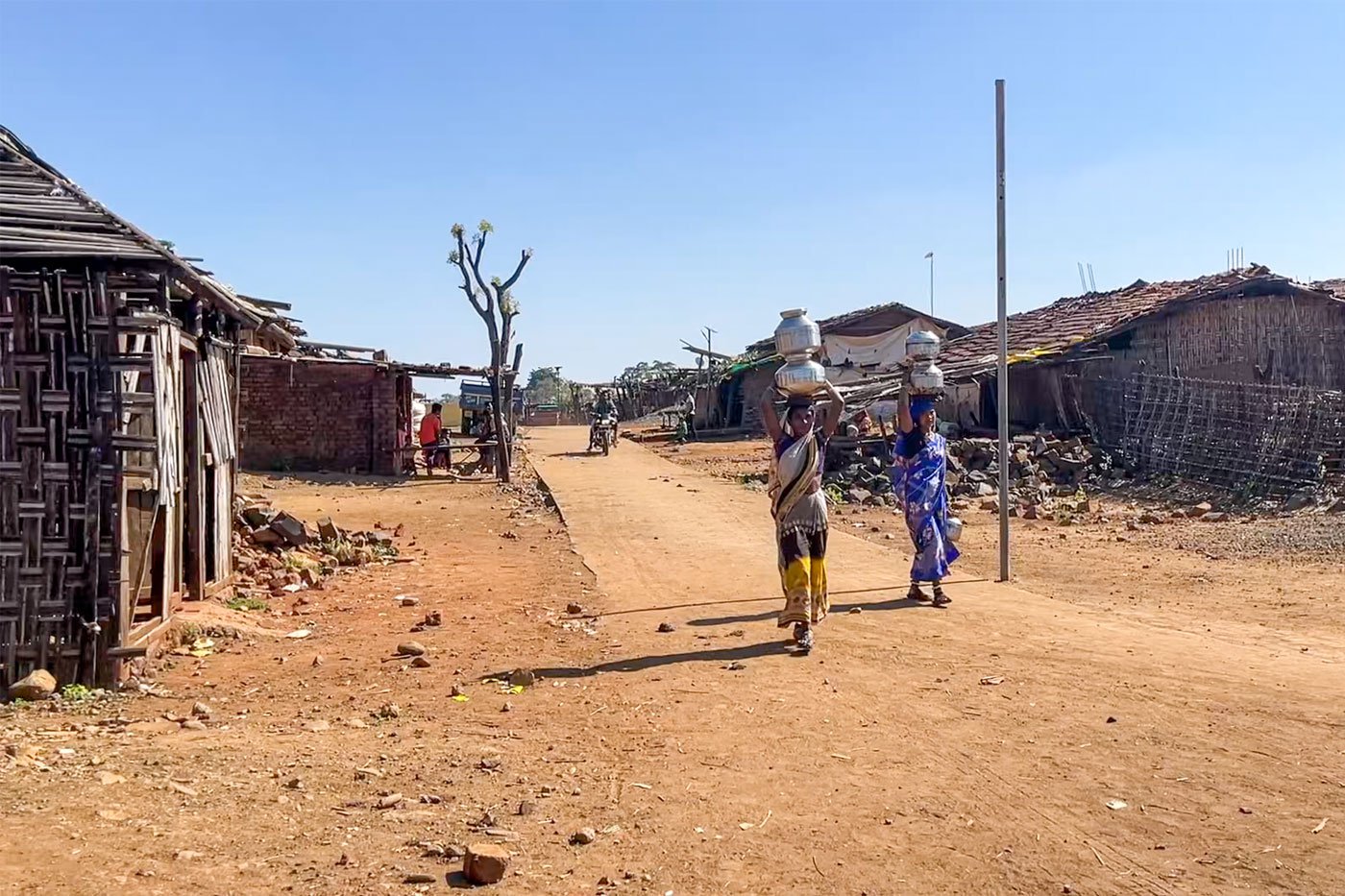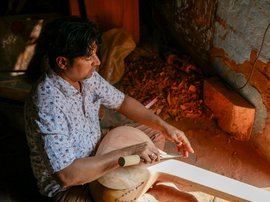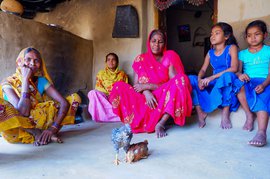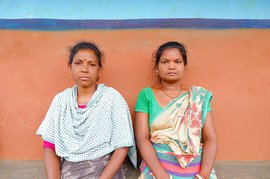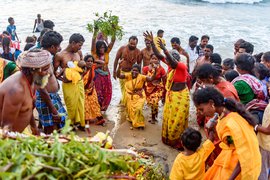“You are born with light and we are born with darkness,” says Nandram Jamunkar, sitting outside his mud house. We are in Khadimal village in the district of Amravati which goes to polls on April 26, 2024 in the General Elections. The darkness Nandram speaks about is literal; the tribal village in Maharashtra has never had electricity.
“Every five years, someone comes and promises to bring electricity. But let alone electricity, even they never come back,” says the 48-year-old. Sitting MP Navneet Kaur Rana, an independent candidate, came to power in 2019, after defeating Shiv Sena candidate and former Union Minister Anandrao Adsul. This year, she is contesting the seat from Amravati constituency as a Bharatiya Janta Party candidate.
In this village of Chikhaldara
taluka
, the population of 198 families
(Census 2011), is primarily dependent on the Mahatma Gandhi National Rural
Employment Guarantee (MNREGA) and a few who own land, practise
rainfed-cultivation, mostly growing corn. Khadimal comprises mostly Scheduled
Tribes (STs) who have always lived without running water and electricity.
Nandram belongs to the Korku tribe who speak Korku, identified as an endangered
language by the Ministry of Tribal Affairs in 2019.
'We won’t allow any politician in our village. For years they have fooled us, but not anymore'
“We have voted for 50 years in hopes of change, but we have been fooled,” says Dinesh Belkar, sitting next to Nandram and consoling him. He had to send his eight-year-old son to a boarding school 100 kilometres away. There is a primary school in the village, but with no proper roads and a lack of transport, teachers are not regular. “They come here twice a week,” Dinesh, 35, says.
“Many [leaders] come here with promises of state transport buses,” adds Rahul, “but they disappear after the elections.” The 24-year-old MNREGA worker had to drop out of college, unable to submit his documents on time due to a lack of transport. “We have completely given up on education,” he adds.
“Education comes later, first we need water,”
Nandram says in a loud voice, overcome with emotion. The upper Melghat region
has experienced acute water shortage for a long time.
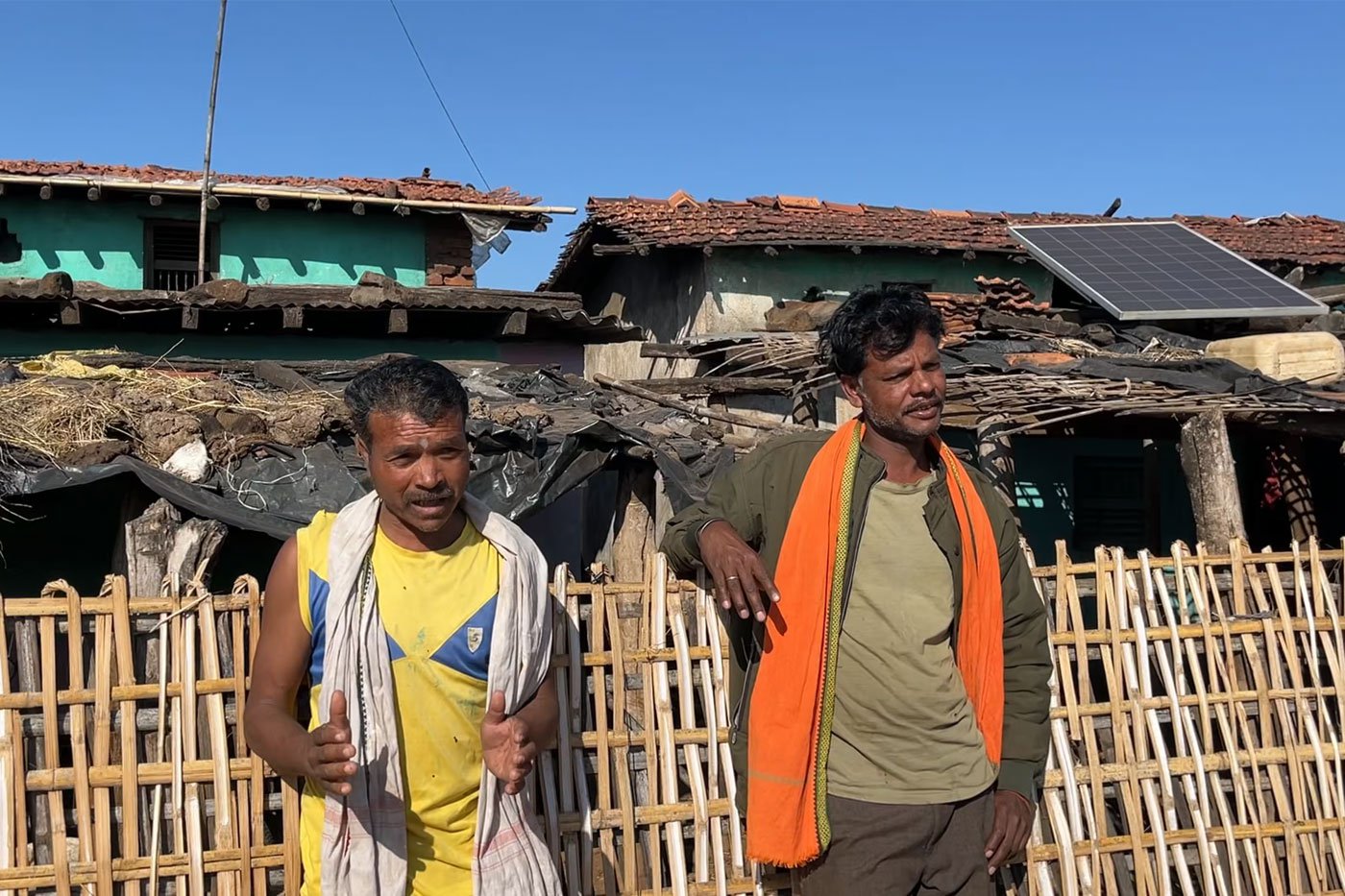
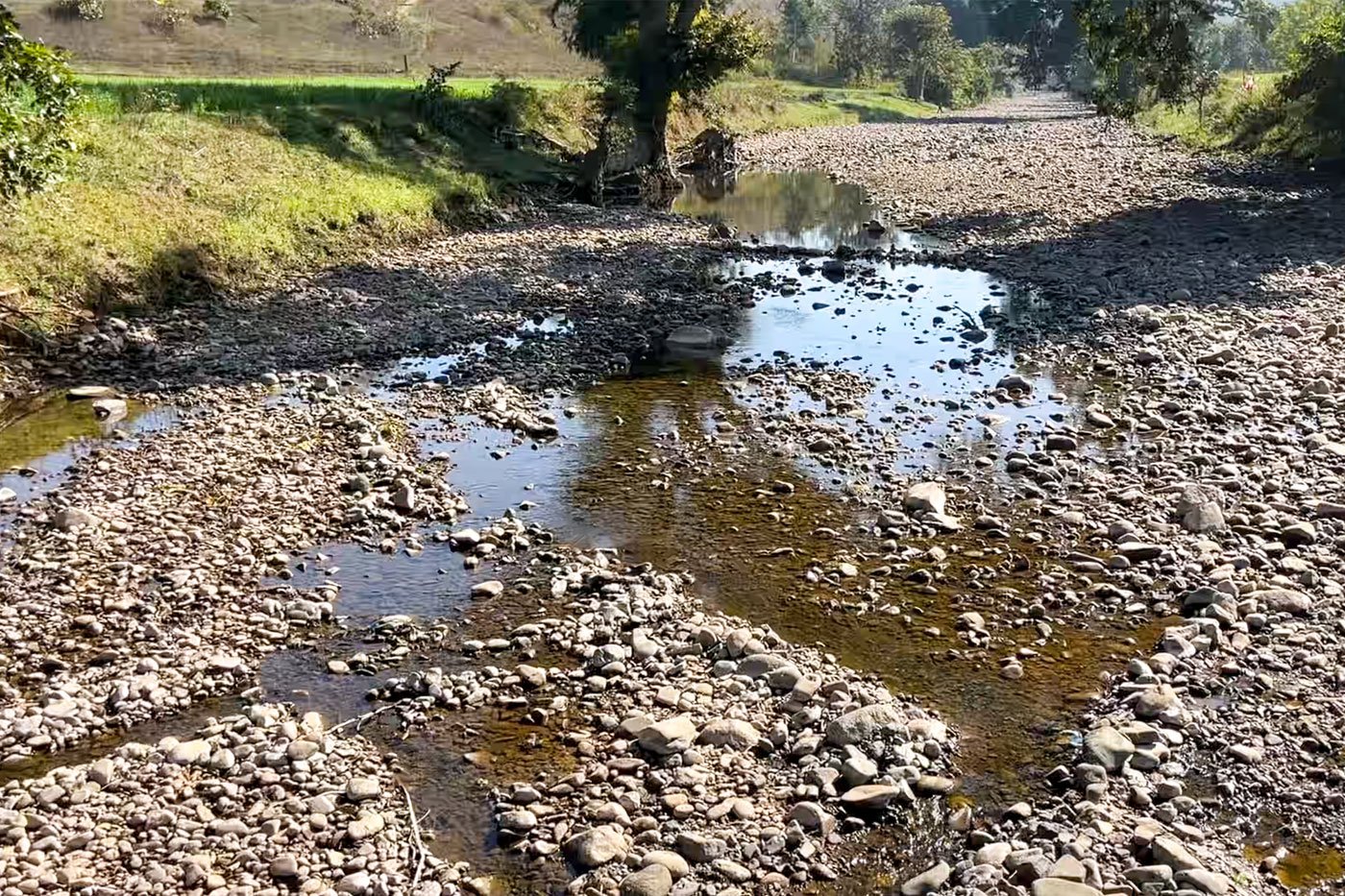
Left: Nandram Jamunkar (yellow) and Dinesh Belkar (orange scarf) are residents of Khadimal village in Amravati district, Maharashtra. The village has never had running water or electricity. Right: A stream about 15 kilometres from the village has almost dried up. In the monsoons, however, the water bodies in the region overflow, damaging roads and bridges which are rarely repaired
The villagers have to cover a distance of 10-15 kilometres every day to fetch water and this task is performed mostly by women. None of the households in the village have a tap. The state government had laid pipes in the area to supply water from Nawalgaon, three kilometres away. But the pipes remain dry in the long summer months. The water they do get from the wells is unfit to drink. “Most of the time, we drink brown water,” Dinesh says. It has also led to an outbreak of diseases like diarrhoea and typhoid in the past, especially among pregnant women and children.
For women in Khadimal, the day begins at three or four in the morning with a long walk to fetch water. “We have to stand in line for three to four hours depending on when we reach,” says 34-year-old Namya Rama Dhikar. The nearest hand pump is six km away. With the rivers drying up, this spot has become a haunt for thirsty wild animals such as bears and sometimes even tigers from Semadoh Tiger Reserve in Upper Melghat.
Fetching water is just the first task of the
day. Women like Namya have to perform all the household chores before setting
off to work at an MNREGA site at around 8 a.m. In the evening, after a day’s work of tilling the land and manually transporting heavy construction material, they have to fetch water
again at 7 p.m. “We get no rest. We fetch water even if we are ill, even when
we are pregnant,” Namya says, “even after giving birth, we get to rest for only
two or three days.”
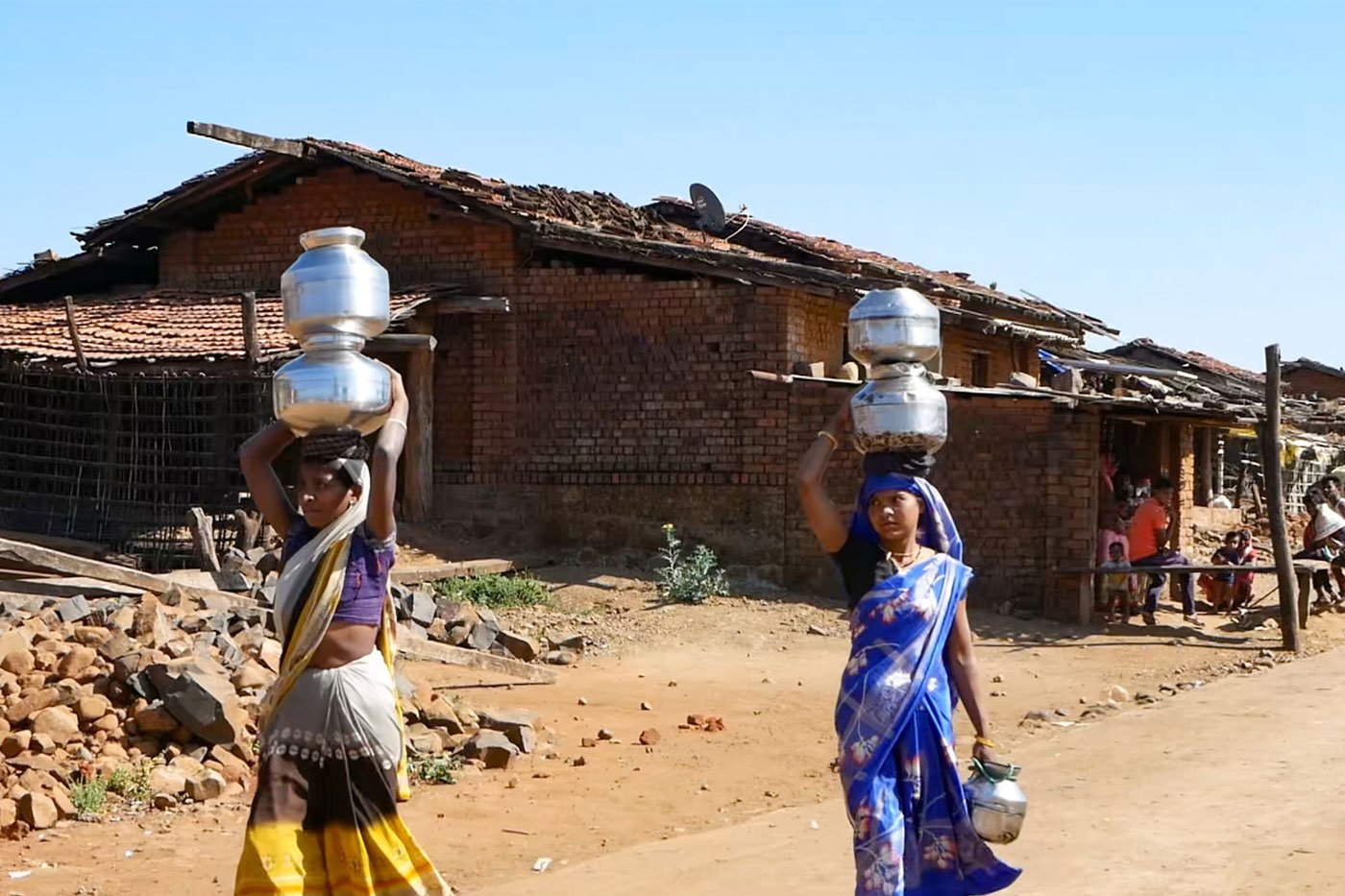
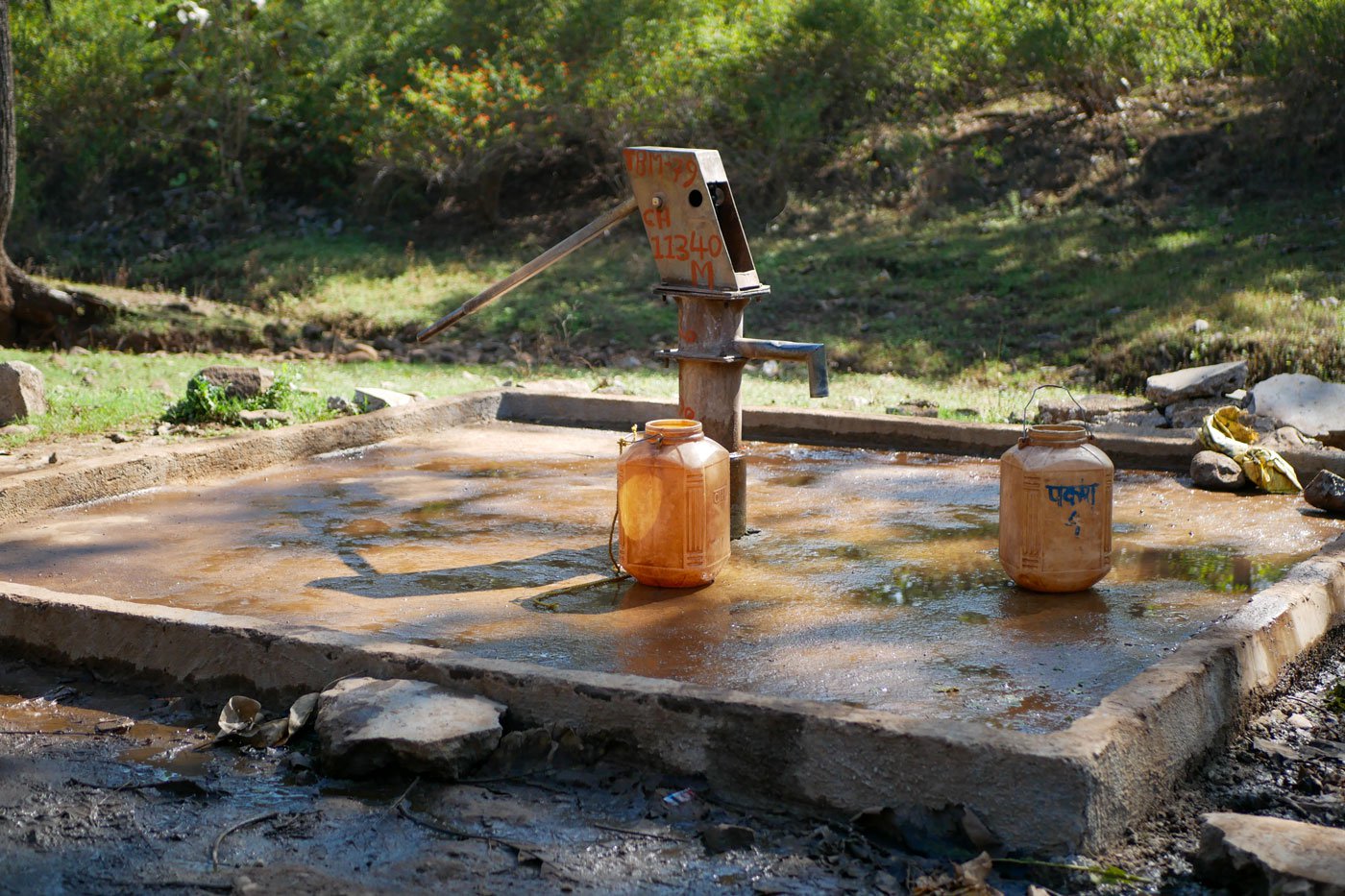
Left: This region in upper Melghat has faced severe water shortage for many years and women bear the burden of fetching water twice a day. ' We have to stand in line for three to four hours depending on when we reach,' says Namya Rama Dhikar. Right: The nearest hand pump is six kilometres from the village
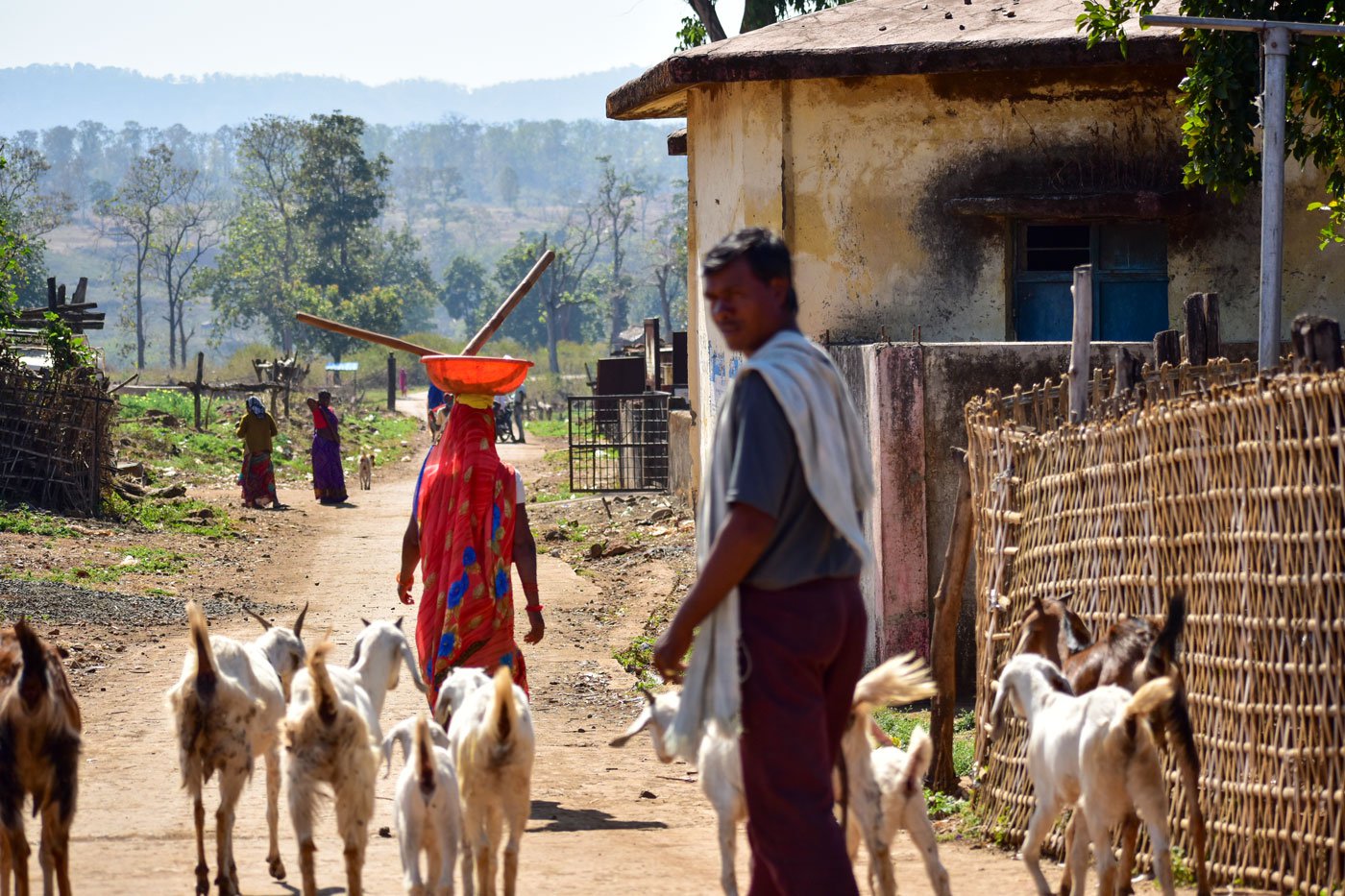
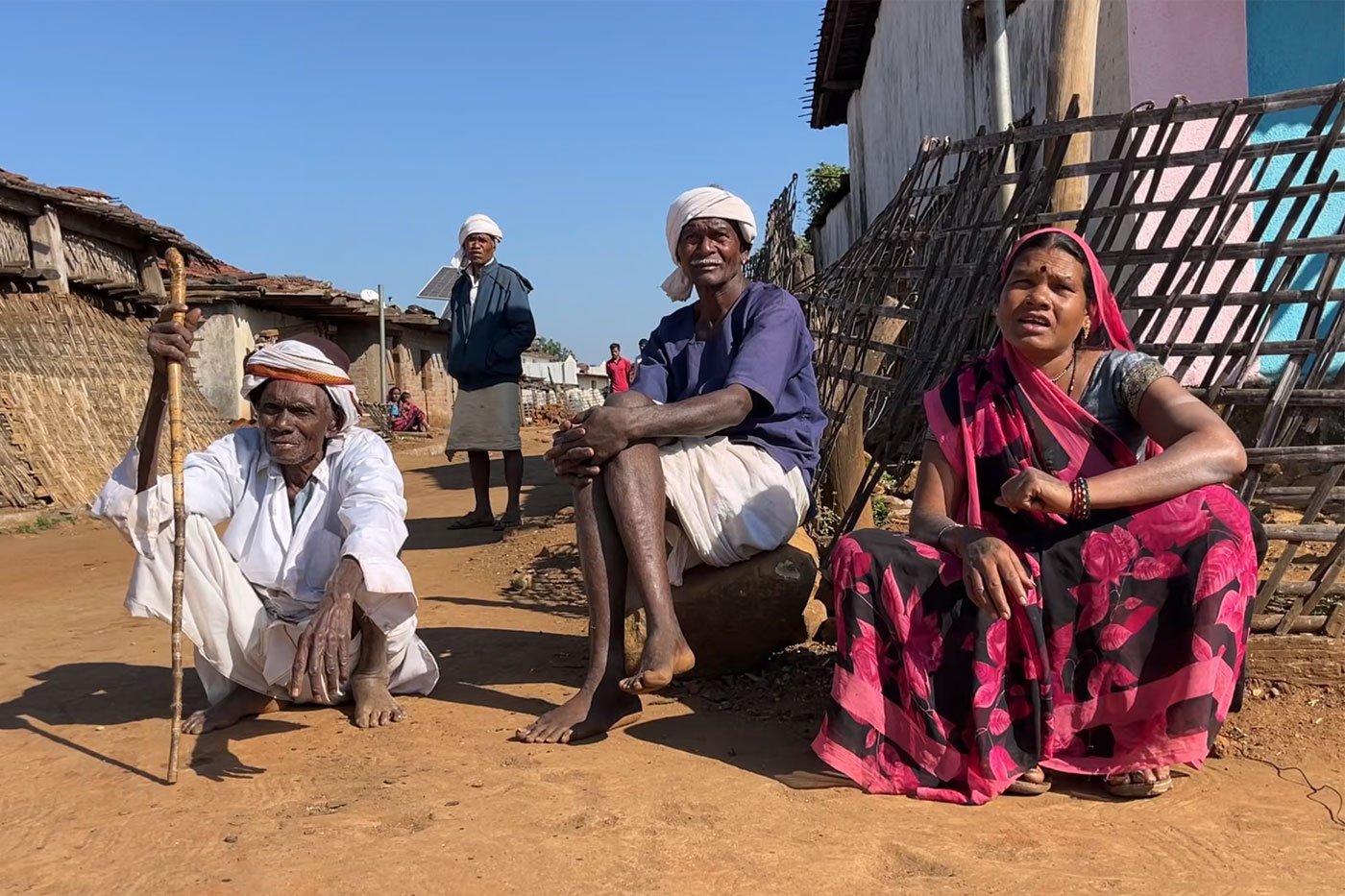
Left: Most of the villagers here work at MNREGA sites. The village has no primary health care centre and only a primary school where classes are irregular. Right: Namya Rama Dhikar (in pink sari) says women get no rest from work, not even after giving birth
This year, with elections approaching, Namya has taken a clear stand. “I won’t vote until there is a tap in the village.”
Her stand is echoed by others in the village.
“We won’t vote till we get roads, electricity and water,” says Babnu Jamunkar, 70, the ex- sarpanch of Khadimal, “we won’t allow any politician in our village. For years they have fooled us, but not anymore.”